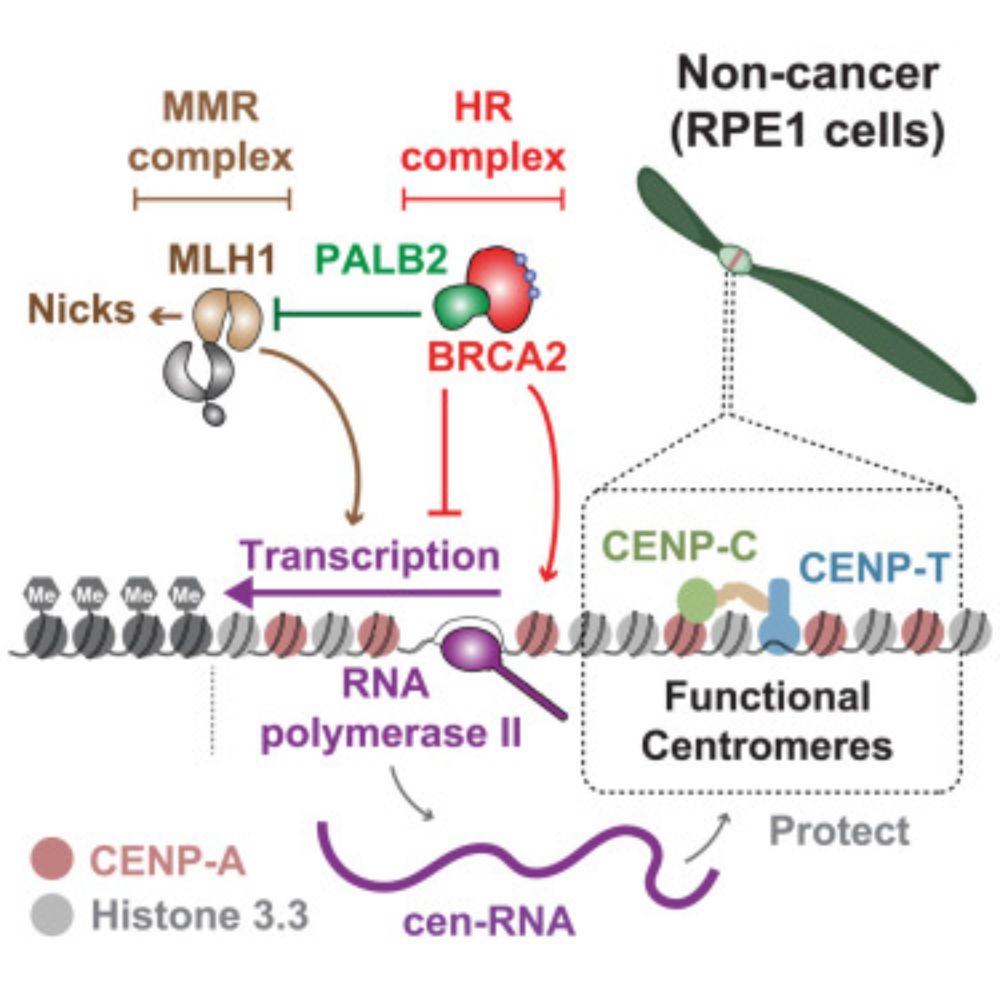
Huge congratulations to Brian on smashing his DPhil defence - now Dr Leung! 🎓 And massive thanks to the wonderful examiners @thedownslab.bsky.social and @jansenlab.bsky.social for such engaging discussions!
03.03.2026 20:49 — 👍 4 🔁 0 💬 1 📌 0
Huge congratulations to Brian on smashing his DPhil defence - now Dr Leung! 🎓 And massive thanks to the wonderful examiners @thedownslab.bsky.social and @jansenlab.bsky.social for such engaging discussions!
03.03.2026 20:49 — 👍 4 🔁 0 💬 1 📌 0Absolutely fascinating work! 🔥 The more you think, the more intrigued. We featured it in our highlight 🔗 rdcu.be/eyOGc - such a cool twist in the host–virus warfare. Many congrats to @manellab.bsky.social
02.08.2025 08:06 — 👍 8 🔁 1 💬 0 📌 1Thanks so much for coming, Sarah! We loved your talk - super exciting and inspiring. Can’t wait to catch up soon!
14.07.2025 18:38 — 👍 1 🔁 0 💬 0 📌 0
Huge thanks to everyone involved and for the incredible support from the community.
This is our very first post on this platform, and we're looking forward to continuing to connect with you all!
This study, conceived eight years ago, was made possible by a global collaboration across the UK, USA, Japan and Turkey. The dedicated team efforts of Emily and Lucia, relayed by Brian, Jacob, Emoke and Ramazan, and invaluable assistance from many others, brought this research to life.
25.02.2025 17:56 — 👍 1 🔁 0 💬 1 📌 0Note that the phenotype varies between cell lines (HCT116 vs RPE1), but in the big picture, we propose that homologous recombination and mismatch repair factors engage in a ‘tug of war’ at centromeres to maintain their functional resilience.
25.02.2025 17:56 — 👍 1 🔁 0 💬 1 📌 0
We are delighted to share our latest work, characterising the role of BRCA2 and its binding partner PALB2 at centromeres, just out in the latest issue of Cell Reports. ⬇️
www.cell.com/cell-reports...